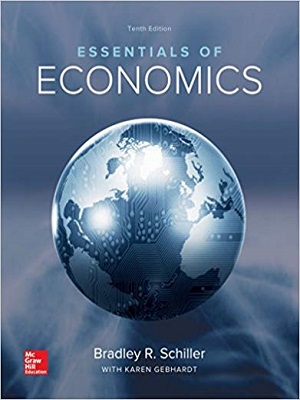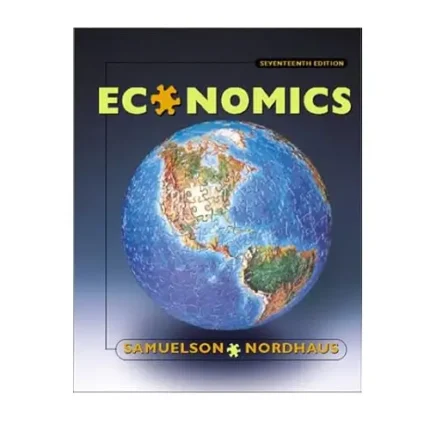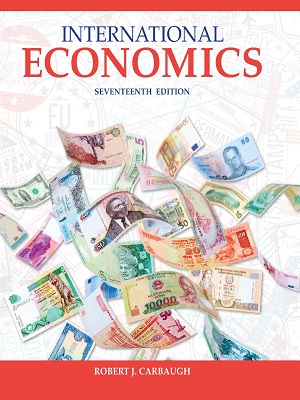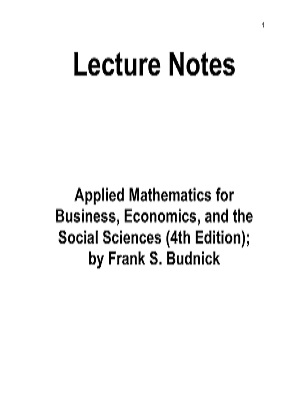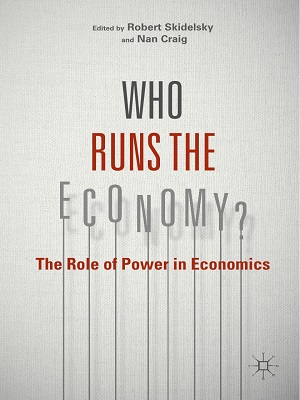Essentials of Economics By Bradley R Schiller 10th Edition. The central goal of this text is to convey a sense of how economic systems affect economic outcomes. When we look back on the twentieth century, we see how some economies flourished while others languished. Even the “winners” had recurrent episodes of slow, or negative, growth. The central analytical issue is how various economic systems influenced those diverse growth records. Was the relatively superior track record of the United States a historical fluke or a by-product of its commitment to market capitalism? Were the long economic expansions of the 1980s and 1990s the result of enlightened macro policy, more efficient markets, or just good luck? What roles did policy, markets, and (bad) luck play in the Great Recession of 2008–2009? What forces deserve credit for the economic recovery that followed? In the 2016 presidential elections, economic issues were at the forefront (as Yale economist Ray Fair has been telling us for years). Democratic candidates claimed credit for the economic recovery, pointing to their support of President Obama’s stimulus program, unemployment assistance, financial regulation, and health care reform. Republican candidates pointed to soaring federal budgets and deficits as harbingers of economic collapse and faulted the Democrats for not giving greater priority to short-term job creation.
How are students—and voters—supposed to sort out these conflicting claims? Essentials offers an analytical foundation for assessing both economic events and political platforms. Students get an initial bird’s-eye view of the macro economy that relates macro determinants to macro outcomes. Then they get enough tools to identify causeand- effect relationships and to sort out competing political claims. A recurrent theme in Essentials is the notion that economic institutions and policies matter. Economic prosperity isn’t a random occurrence. The right institutions and policies can foster or impede economic progress. Essentials of Economics By Bradley R Schiller 10th Edition. The challenge is to know when and how to intervene. This central theme is the focus of Chapter 1. Our economic accomplishments and insatiable materialism set the stage for a discussion of production possibilities. The role of economic systems and choices is illustrated with the starkly different “guns versus butter” decisions in North and South Korea, Russia, and the United States. The potential for both market failure (or success) and government failure (or success) is highlighted. After reading Chapter 1, students should sense that “the economy” is important to their lives and that our collective choices on how the economy is structured are important. Essentials of Economics By Bradley R Schiller 10th Edition.






